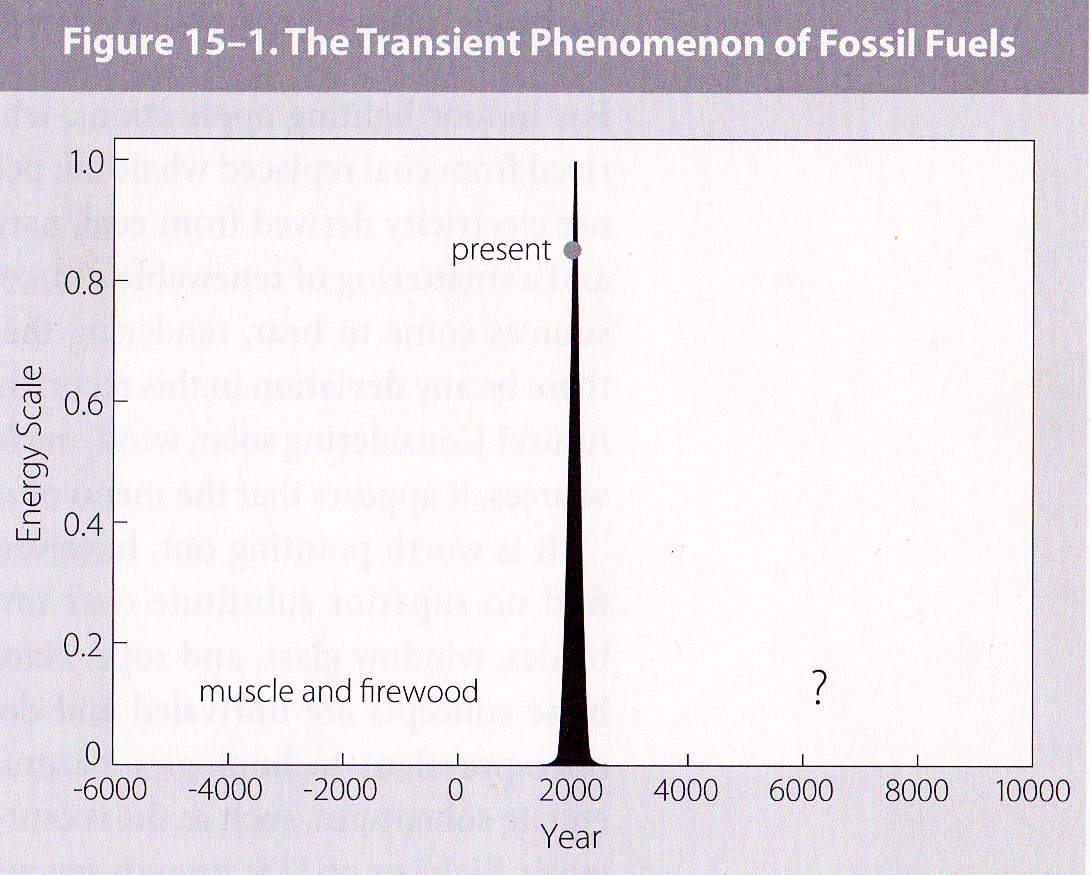Energy is not an abstract concept, but it can be hard to visualize. Energy comes in many forms such as heat, movement, electricity, and can be stored in many forms for future use. When thinking about high-quality lifestyles, which is the focus of Sustainable Balance, I often come back to our consumption of energy. As much as I sometimes harsh on industrialization (and its effect on our fitness, nutrition, and sleep), I am in many ways lucky to live in an industrialized nation (Canada).
Energy is Awesome
Canada is huge and our population is small, so travelling to different parts of Canada can be an endeavour. Modern forms of transportation (planes, trains, and automobiles) make travelling in Canada infinitely easier. I’ve flown across the country to see loved ones on many occasions and it involved relatively little effort on my part (other than getting the money to pay for the trip). It usually goes something like this: wake up exceptionally early (sometimes), grab stuff, walk to train station, take train to airport, check in, go through security, get on plane, and then zone out for 4-5 hours until the plane lands. Boom – I have traversed the continent. It’s even easier to send a package to someone at the same distance – I literally walk across the street to the post office, and off it goes. The embodied energy in all the vehicles (energy consumed to produce them), and the burned energy in the fuel really gets things moving! I even visited a buddy in Australia and it took less than a day to arrive (although January 13, 2012 “never happened” to me ;).
Energy is necessary for much more than transportation, quite obviously. Building a home requires energy. Turning on the lights in and around your home requires energy. Heating your home in the winter requires energy. Cooling your home in the summer requires energy. Growing, harvesting and bringing food to the grocery store requires energy. Keeping food cold so it doesn’t spoil requires energy. Cooking food requires energy. Producing all the consumer products we enjoy on a regular basis requires energy. Using any electronics device requires energy. Basically any modern convenience that enhances our quality of life requires energy. Where does all this energy come from?
Where Does Energy Come From?
Until the beginning of the industrial revolution in the mid 18th century, almost all energy came from muscle (human or animal), the combustion of plant matter (mostly firewood), and a bit of mechanical energy (movement energy) in the form of wind and water mills and sails on sailboats. There is evidence that a small amount of coal and tar/oil was being burned in some societies, but it was just used as a heat and/or a light source. Two major inventions, the steam engine (~1781, James Watt), and the internal combustion engine (~1859, Etienne Lenoir), used combustion (hot and expanding gases) to create mechanical energy. Converting fire to mechanical energy was an innovation that lead to countless machines that replaced human and animal labour. This innovation required lots of combustible fuel, so humans began pursuing the extraction of fossil fuels (coal, and also oil and gas) with abandon; a practice that continues to this day, even with the development of nuclear power in the 20th century.
Today, the combustion of fossil fuels supplies 81.6% of energy used globally. The bulk of the rest of the global energy supply comes from the combustion of biofuels and waste (10.0% of total), nuclear power (5.1%), and hydro power (2.3%) while a smattering of geothermal, solar, and wind provide the balance (1%). These energy sources are used in modern times to create electricity (17.7% of final energy consumption worldwide), and to be used as heat sources or mechanical energy similarly to the past.
Although there are known alternatives to fossil fuels for heat, mechanical energy, and electricity production, fossil fuels have been a boon to humanity as they have several characteristics that make them highly attractive as an energy source:
- They have historically been, and still are, easily obtainable. It’s becoming more difficult to extract fossil fuels as the ‘low-hanging fruit’ has already been harvested, but technology has allowed new methods of extracting previously inaccessible fossil fuel reserves.
- It is simple to access the energy from fossil fuels – you just burn them! Whenever you want.
- Fossil fuels are very energy dense. This means that a small amount (in terms of mass and volume) of fossil fuel generates a relatively large amount of energy. As far as transportation fuels go, this is a very advantageous quality. Easy to pack!
- Fossil fuels are easy to store and are stable. Coal harvested today can be burned one thousand years from now with little to no degradation.
- Fossil fuels remain cheap. There are economic reasons for this, and this won’t last forever, but it’s a simple truth (this is also assuming ‘externalities’ such as pollution are not included in the price).
Fossil fuel reserves are finite, which means that we will eventually run out. Before that happens, the energy cost to harvest fossil fuels will likely be too high and a net loss may occur upon extraction (a negative energy return). At that point, it will make sense to leave these fuels un-harvested and pursue alternative sources of energy. According to physicist T.W. Murphy Jr. at the University of California at San Diego, fossil fuels are a wonderful but transient phenomenon, and a true alternative(s?) has yet to take its place:

Fossil fuel consumption has the additional disadvantage of exacerbating (or causing) the climate change process. Apart from the fact that fossil fuel energy is finite, this is clearly another reason to pursue alternative sources of energy. Energy is awesome, and humanity will need more as our population becomes more industrialized and automated, so non-fossil fuel sources of energy must be developed along with the accompanying infrastructure. We don’t have a choice. It’s either that, or 7+ billion of us go back to the 17th century. As much as I enjoy camping (and sometimes fishing), that is not the direction that the vast majority of us want to go. Ensuring abundant energy while keeping our environmental impact in check will be the greatest challenge that humanity has ever faced.
I am intending for this post to be the beginning of a series on energy. I want to explore several of the issues that go along with energy consumption. These upcoming posts will include subjects like exactly how much energy humans require, the feasibility and economics of alternative sources of energy, and ways to maintain higher standards of living while reducing energy consumption (hint: increasing energy efficiency).
Readers: Do you think energy is awesome? What do you think life would be like without human access to abundant energy?
